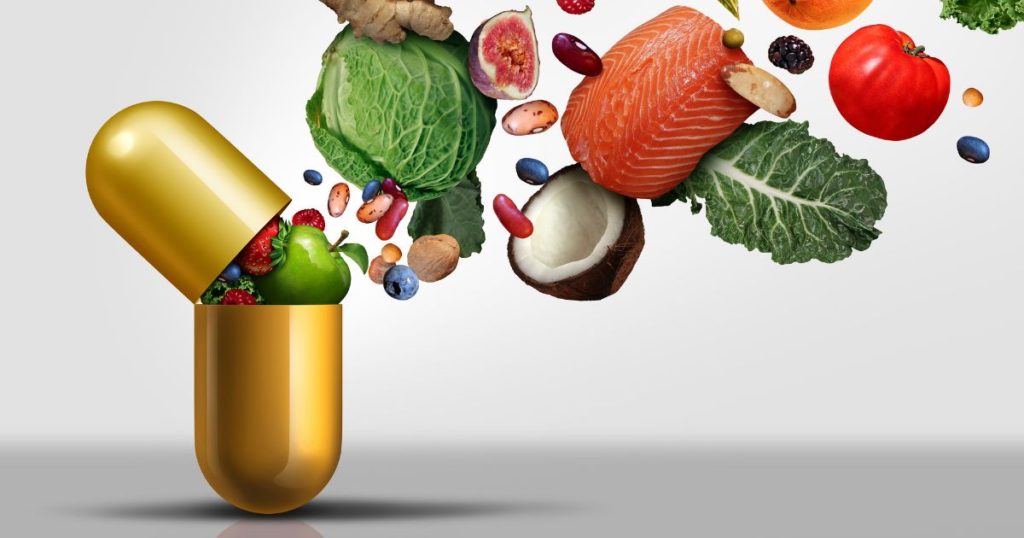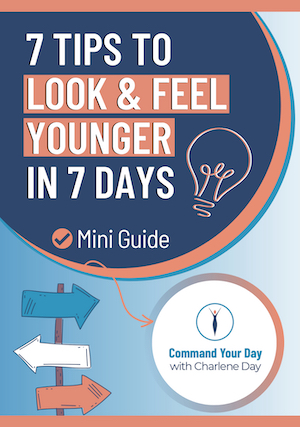Vitamins are essential organic compounds necessary for healthy growth and nutrition, and they are required in small quantities in the diet because the body cannot synthesize them on its own. The only exception to this is vitamin D which is produced when our skin is exposed to sunlight.
The body needs a defined amount of vitamins each day to remain healthy and function properly.
The basics
Overall, there are 13 vitamins, and each of them has their unique properties and functions. Vitamins are classified into two groups: water-soluble and fat-soluble. The water-soluble vitamins are B complex vitamins, and vitamin C. Fat-soluble vitamins are vitamins A, D, E, and K.
Unlike energy components of a diet such as carbs, fats, and proteins, vitamins are only needed in minimal amounts for a balanced diet which is why they are called micronutrients.
Each vitamin has a corresponding vitamin deficiency disease, and symptoms only appear when the lack is already at a relatively advanced level.
Vitamin deficiencies
Vitamin B (thiamine) deficiency results in fatigue, and difficulty in coordination. Vitamin B2 (riboflavin) deficiency signs include dry or cracked lips, sensitivity to light, and mouth sores. Deficiency of vitamin B3 (niacin) can lead to fatigue, indigestion, and canker sores. Vitamin B4 (pantothenic acid) deficiency also causes fatigue, insomnia, and stomach pains. The deficiency of vitamin C can result in decreased rate of wound healing, dry and splitting hair, and gingivitis (inflammation of the gums) as well as bleeding gums.
Severe vitamin A deficiency can lead to xerophthalmia, a disease that, if left unattended to, results in total blindness. Vitamin D deficiency causes rickets, a disease of the bones, and also fatigue. Vitamin E deficiency occurs very rarely and may cause nerve damage, retinal degeneration leading to blindness, muscle pain, and impaired immune system. Vitamin K deficiency results in spontaneous bleeding and easy bruising. In women, the deficiency of vitamin K can cause excessive menstrual bleeding.
Water-soluble vitamins are found in their natural states in foods like macadamia nuts, trout, liver, almonds, eggs, salmon, mushrooms, peanuts, yellowfin tuna, green peas, avocado, bananas, broccoli, spinach, clams, kale, and citruses.
Natural sources of fat-soluble vitamins include sweet potato, cod-liver oil, carrot, broccoli leaf, salmon, tofu, eggs, sunflower seeds, almonds, soybean oil, and hazelnut oil.
To learn more about the exact sources of each vitamin, their uses and minimum daily intakes of these vitamins for men, women, and children, check out this infographic created by the team at medalerthelp.org.
To get a free assessment as to whether your body needs any of these nutrients, click here.
Guest blogger:
Nikola Djordjevic, MD, Head of Content at MedAlertHelp.org. Coming from Serbia, Nikola is a Doctor of Medicine who started this project in 2018 out of his passion for helping others, particularly seniors. Apart from reviewing medical alert systems, he also writes a blog dedicated to health, aging, retirement, and other senior-related topics.



